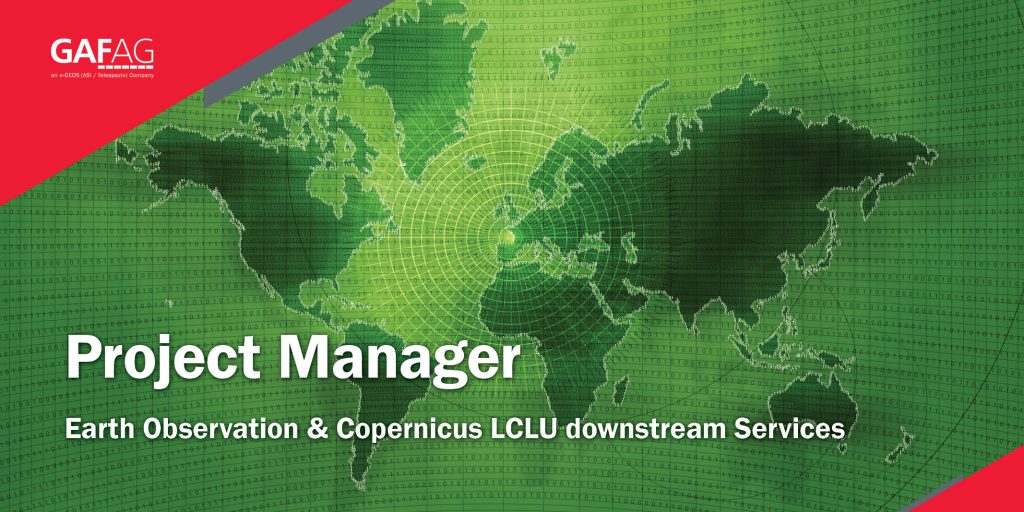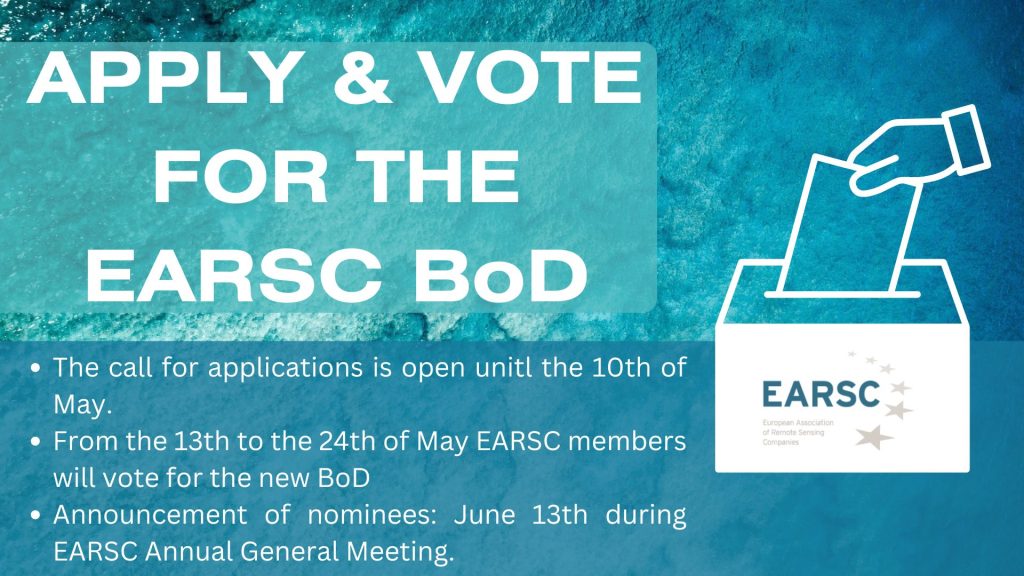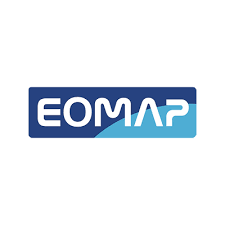
The voice of the Earth Observation
Industry
Barents bloom, Sentinel-2A - processed by ESA, CC BY-SA 3.0 IGO

Discover the largest European
Earth Observation Network
Lake Balkhash, Kazakhastan, Sentinel 2 - processed by ESA, CC BY-SA 3.0 IGO

EARSC promotes the understanding
of our Planet for societal benefits
Brussels, Spot 5 Sqtellite - Airbus Defence and Space
EARSC 4 Pillars
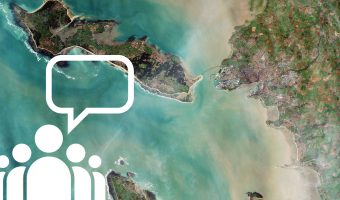
Representing the Members
The core pillar of our activities is to support and promote our members. We achieve this goal mainly through projects which we undertake (see projects). Members’ views are gathered through a series of ad-hoc working groups dedicated to important topics. We inform our members through a monthly report and a dedicated portal about important news and information, as announced bid opportunities – and dedicated e-mails for key items.
Read More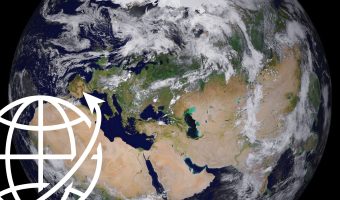
Market development & Internationalization
EARSC is engaged in a wide range of activities to develop new markets and business opportunities for our members. Our strategy is to engage users, identify needs and stimulate demand for European EO services both in Europe and abroad with complementary commercial and geographical approaches.
Read More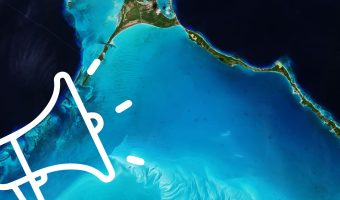
Promoting the industry
EARSC employs a range of sophisticated digital tools to promote the European EO sector. EARSC has three main digital tools which cover creating a shared vocabulary (EARSC TAXONOMY) , providing a common space to find EO companies, and a common space to discover ‘online’ EO services.
Read More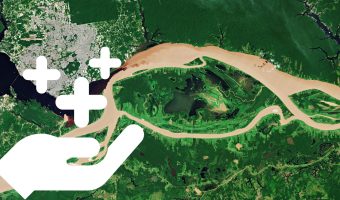
Showing the value of Earth Observation
The Earth observation sector delivers a wide range of social and environmental and economic benefits to citizens of Europe and the world. To properly and consistently value these impacts, EARSC leads the Sentinel Benefits Study (SeBS) project in which we measure the total societal impact of products and services coming from Sentinel satellite data.
Read MoreEARSC NEWS
The White House — NPOESS Killed
The White House announced on February 1st it will end a civil-military weather satellite program and, instead, pursue two separate lines of polar-orbiting satellites to serve military and civilian users. Terminating the National Polar-orbiting Operational Environmental Satellite System (NPOESS) is not good news for prime contractor Northrop Grumman Aerospace Systems of Los Angeles, which was
Spot Infoterra enters into collaboration with MAG Group in China
Through this agreement MAG Group and its subsidiary will promote a range of Spot Infoterra products and services: • The Pixel FactoryTM – a revolutionary, multi-sensor and multi-resolution processing suite • ISTAR Telecom products – a range of datasets dedicated to wireless telecommunication planning • Global Seeps – offshore oil seepage data for oil exploration
The Institution of Engineering and Technology seminar on Earth Observation Satellites 30 November 2009: IET London: Savoy Place
The seminar on Earth Observation Satellites will examine challenges faced by manufacturers of Earth Observation satellites, experiences of operators, the views of end-users and the future of Earth Observation technology. It will provide a platform for satellite engineers to discuss their latest ideas, work in progress and research into solutions. Register your place and submit
Satellites Could Help Keep Hungry Populations Fed As Climate Changes
In the early 1980s, scientists at NASA’s Goddard Space Flight Center, Greenbelt, Md., developed the Normalized Difference Vegetation Index (NDVI), an innovative combination of two satellite measurements that allowed them to analyze changes in the “greenness” of Earth as viewed from space. Much like measurements from weather satellites allow meteorologists to track and monitor hurricanes,
European innovation policy – successes but also new challenges
“Innovation cannot be organised by decree. It comes from people, and only people — scientists, researchers, entrepreneurs and their employees, investors, consumers and public authorities — will make Europe more innovative. But they do not act in a vacuum. They act with a mindset and in a framework which either discourages or incites them to
DigitalGlobe IPO exceeds expectations
Shares of satellite imagery company DigitalGlobe Inc. ended their first day trading 13 percent higher than they started, raising millions for the company an its investors and providing more evidence of an IPO market thaw. The Longmont company’s shares rose as much as 31 percent above its initial offer price in its first hour before
Presentations GMES Governance Workshop – May 11, 2009 Brussels
The GMES Governance workshop organised by the EARSC and EUROSPACE Associations in cooperation with the GMES Bureau and the European Economic and Social Committee, EESC held on May 11 in Brussels, was successful in that it lived up to the main objective exposing possible governance models and making a first evaluation of their impact on
SPOT Signs Agreement To Distribute Kompsat-2 Imagery Across North America
(5 May 2009) SPOT Image Corporation today announced that it has entered into an agreement with KAI Image as the distributor of Kompsat-2 products to customers across North America. Through this partnership, SPOT Image Corporation can now offer users very high resolution (VHR) satellite imagery for projects requiring the detail of a 1-meter image. By
Overview of thermal imaging for three assessment
“Decay detection devices” are a “hot topic in arboriculture” at the moment and Giorgio Catena, a leading expert in thermal imaging, gave three presentations including a practical demonstration to put forward a case for thermal imaging cameras. Examples were presented where trees had been assessed using the thermal imaging camera and subsequently felled to be
A glimpse of future GMES Sentinel-1 radar images
A newly initiated campaign marks an important step in preparing for how data from the Sentinel-1 European Radar Observatory will be used for applications such as land-cover mapping and crop management. Sentinel-1 is the first of the five missions that ESA is developing for the GMES initiative. Sentinel-1 is a constellation of two C-band radar
India launches radar-imaging satellite
NEW DELHI, India (CNN) — India on Monday launched a radar-imaging satellite built with Israeli assistance and equipped with all-weather and night-vision capabilities. The Indian Space Research Organization, which last year launched an unmanned mission to the moon, said RISAT-2 would boost its Earth observation, especially during natural disasters such as floods, cyclones and landslides.
Nigerian engineers learn to map African resources using NigeriaSat-1
Nigeria will soon be able to map and monitor African resources with local expertise. Nigeria’s first satellite imaging engineers are receiving hands-on training at DMCii in Guildford, UK, to manage and process the images NigeriaSat-1 and the future NigeriaSat-2 and NX satellites upon their return to Nigeria. Now in training, Oludare Mabogunje and Kennedy Uti
Cassegrain Camera Enables High Resolution Satellite Mapping
(10 April 2009) Optical Surfaces Ltd. has announced that it has supplied, to Surrey Satellite Technology Ltd. (SSTL), a Cassegrain Camera that will be a key component of the satellite platform being prepared for the NigeriaSat-2 program. Due for launch in early 2010, NigeriaSat-2 is being built by SSTL for the National Space Research and
EUMETSAT’s contribution to the marine user community
At the occasion of the MyOcean kick-off meeting held in Toulouse on 1 April, EUMETSAT stressed its contribution to the marine user community, by providing key operational data and products for MyOcean to build its services on (2008-2010). Additionally, EUMETSAT will operate the GMES Sentinel-3 satellites, one of the key missions for the marine community.
Falcon 9 Flight For Twin SAOCOMs
Space Exploration Technologies (SpaceX) has signed an agreement with CONAE, Argentina’s National Commission on Space Activity, for two launches aboard SpaceX’s Falcon 9 medium-to-heavy lift vehicle. Falcon 9 launch vehicle (SpaceX) The flights will send the SAOCOM 1A (SAR Observation & Communications Satellite) and 1B Earth observation satellites into sun-synchronous orbits, where they will provide
Practical Guide to EU Funding Opportunities for Research and Innovation
The goal of this guide is to help potential applicants for EU funding for research and innovation to find their way to relevant information on funding opportunities in order to identify the most suitable choices among the relevant EU programmes (FP7, Competitiveness and Innovation Framework Programme (CIP) and Structural funds). practical-guide-rev2_en.pdf
MEMBERS NEWS


